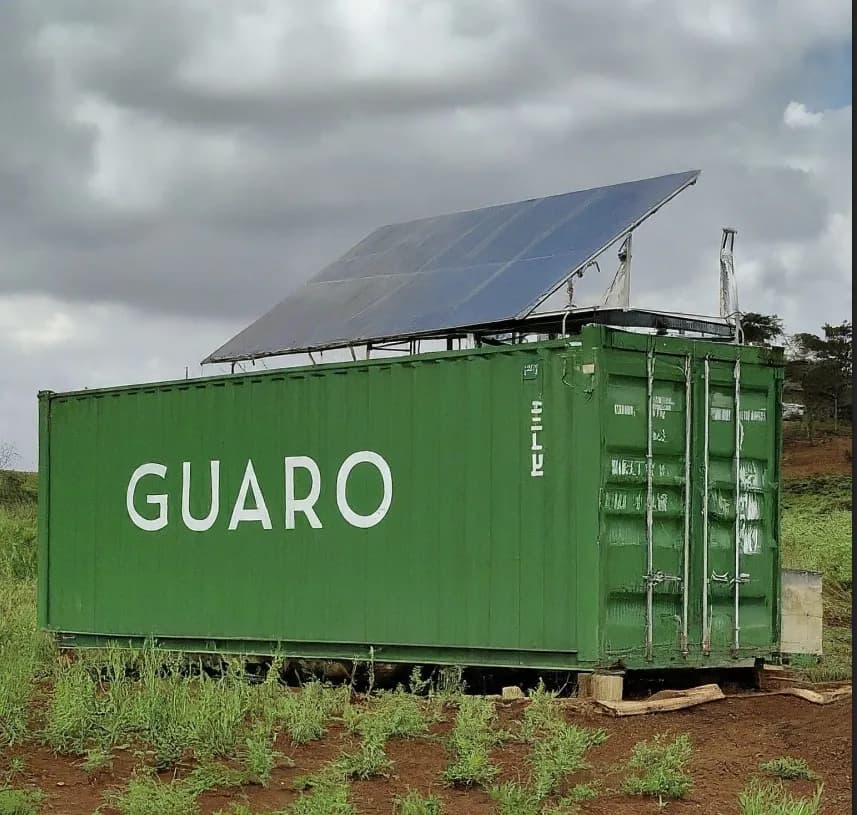Progress for 0 ad
Progress for 1 ad
Progress for 2 ad
Progress for 3 ad


Hasset Abebe
Addis Ababa, Ethiopia

Kidist Amedie had been carefully growing Kidi’s Farm, a small agricultural business around Yeka Hills in the capital, when she received some very unfortunate news. Her three-year-old operation was slated for demolition to make way for the Chaka Project, a sprawling satellite city expanding down the hillside. She suddenly faced an uncomfortable but unavoidable question: rebuild elsewhere or abandon the business altogether.
The architect by training chose to start again. Her childhood travels through Hosanna, Addis Ababa and Wollo had exposed her to the daily realities of farmers, and this time she set her sights on a crop often overlooked despite its ubiquity in Ethiopia’s backyards: spices.
Across rural and peri-urban homes, women tend small gardens where rosemary climbs wire fences, lemongrass thickens in green clusters, basil spills across narrow paths, and white cumin dries on sun-warmed mats. These herbs season meals, soothe ailments, and anchor rituals. They thrive with minimal water and labor yet generate almost no income for the households that nurture them.
A turning point arrived in 2023, when Kidist joined the Jasiri Talent Investor fellowship, a regional program that brings together young innovators from across East Africa to develop solutions to pressing social and economic challenges. The program pairs strangers, immerses them in market research, and encourages bold, scalable thinking.
The fellowship gave Kidist direction and, more importantly, introduced her to her future co-founder, chemical engineer Hana Rago. Kidist had long imagined partnering with someone whose technical strengths would complement her architectural background and creative instincts. The two set out to tackle what they viewed as an overlooked opportunity.
Ethiopia grows more than fifty varieties of spices, herbs, and aromatic plants, many of them indigenous and sustained through generations of household cultivation. Between 2013 and 2018 alone, land under spice cultivation expanded from about 150,000 hectares to over 200,000, while production rose from 234,000 tons to more than 350,000 tons. Yet the country captures little global value. In 2023, it exported only about 3.8 million dollars’ worth of major spices, even as global demand for essential oils and botanicals reached 12.4 billion dollars in 2024 and continues to grow at more than 10 percent annually.
For Kidist, the problem is simple: most spices leave farms without any intermediate treatment, losing quality during long transport. Poor handling increases acidity, encourages mold, and raises aflatoxin levels. As a result, much of what farmers grow never enters high-value, formal supply chains.
This gap became the foundation of their agri-tech startup, Guaro. The company builds and operates micro-factories housed in 20-foot shipping containers that distill fresh herbs into essential oils on-site. Named after the Amharic word for “backyard,” Guaro’s model brings processing directly to farmers. Localized production reduces waste, improves quality, and ensures that more of the value stays within the community.
Each nano-factory can be installed within walking distance of smallholders, improving market access, creating more stable income, and strengthening links between producers and buyers.
“Many people grow spices, but it is not seen as a high-value crop,” Kidist told Shega.
Registering the business was an early hurdle. The founders struggled to fit their hybrid model into existing categories. “In other countries, there are many application paths; here it was hard registering, is it cosmetics, food, pharmaceutical?” Kidist recalls. Guaro has continued to innovate despite limited rural infrastructure, fragmented smallholder networks, and certification gaps. To support traceability and logistics, it has partnered with Sebseb by Yaltopia Tech.
Guaro has now deployed two nano-factories, one in Addis Ababa and another in Sidama Regional State. Each costs about $8,500 and can serve nearly 500 farmers. After processing, the leftover biomass is returned to farmers as organic fertilizer, creating a circular system.
Shifting from raw spice sales to locally processed essential oils significantly improves market outcomes. Rather than selling low-value, perishable produce to middlemen, Guaro channels finished oils directly to buyers in the cosmetics, food, and wellness industries.
The company has tested more than sixty spices and developed extraction profiles for uses ranging from skincare formulas to culinary concentrates. It currently produces around seventy liters of essential oil a week.
More than 2,300 farmers are registered in Guaro’s network, with over 320 actively supplying raw materials. The startup projects it will create 700 jobs and surpass five million dollars in revenue by 2026.
Guaro’s momentum has already been widely recognized. The startup has earned awards such as the IF Social Impact Prize, the Innovate 4 Nature Award in 2024, and the GoGettaz Agripreneur Prize’s Impact Award. Supported by accelerators including Jasiri, Mesirat, and Inkomoko Fast, it has secured roughly $180,000 in grants and competition funding.
👏
😂
❤️
😲
😠

Hasset Abebe
Hasset Abebe is an intern at Shega Media and part of the Young Professionals Program at Shega. Her passions lie in content writing and digital media. She is also currently a student of Business Administration and Information Systems.
Your Email Address Will Not Be Published. Required Fields Are Marked *